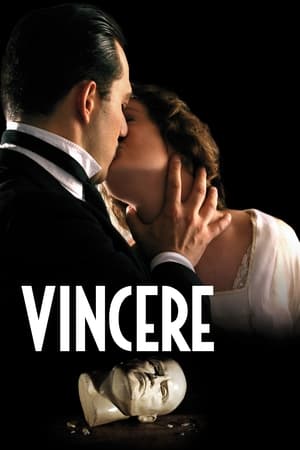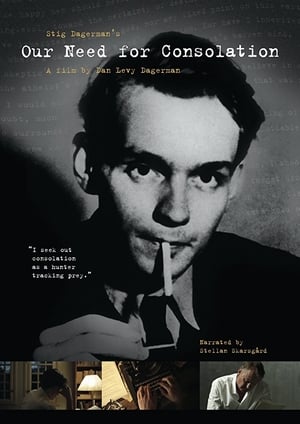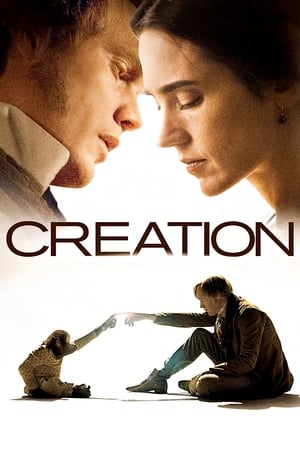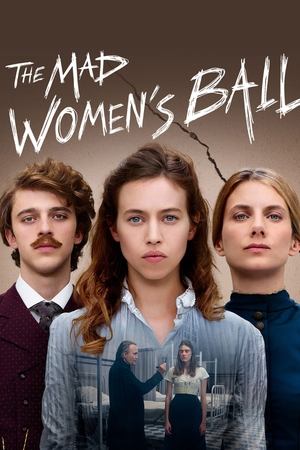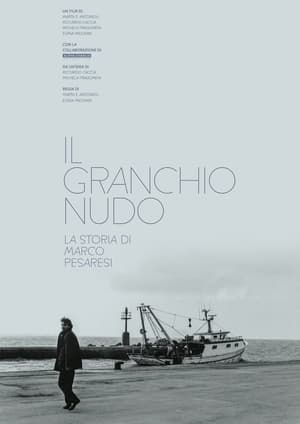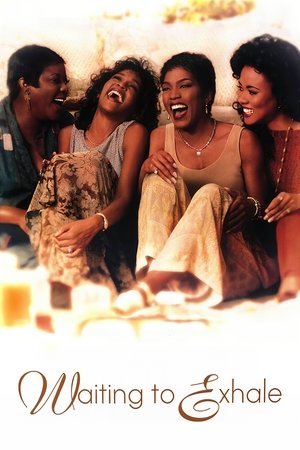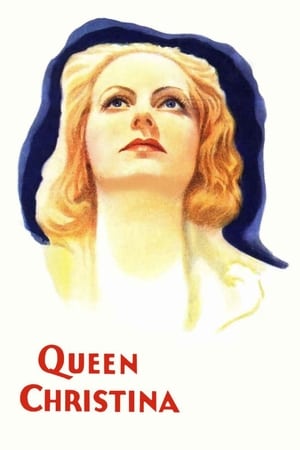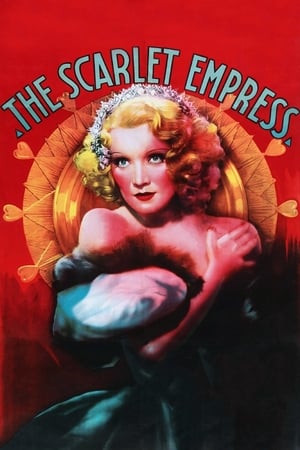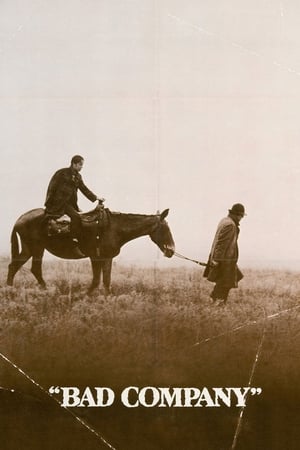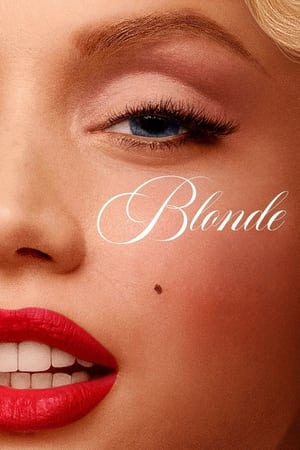Colette is a biographical drama based on real events and directed by Wash Westmoreland.
France, 1893. Willy (West) is a novelist who is going through hard times and can barely make ends meet. Colette (Knightley) is a country girl who married him. Colette used to live in the hinterland of France but moved to bohemian Paris upon marriage, and the city amazes her with lots of ambiguous personalities.
Colette’s husband offered her to write down some stories from her childhood and then try to publish them as if he was the one who wrote them. This is how Claudine was born – a character whose voice resonated all over France.
Willy makes his wife write more and more, as this brings him considerable popularity and a lot of money. As their respective affairs become more involved and Colette’s work becomes the toast of Paris, their unconventional relationship is tested. The couple muddles along initially with various lovers' help, notably Eleanor Tomlinson’s "wayward debutante" Georgie and the trans Marquise Missy (Denise Gough).
There comes a time when Colette is tired of writing under the name of her husband and wants to fight for her copyright. The girl will challenge the entire society with a desire to change its outdated conventions. She is already strong-willed and rebellious when we meet her, and only grows more so.
The movie’s primary focus is emphasizing the modern concerns and complicated nature of these people, who are relatable in their bad behavior and eagerness to defy convention.
It is interesting to observe the conflicting nature of the work itself, its struggle between conservative form and liberal content. After all, Colette is a surprisingly closed movie. The story clearly asks for a slightly different approach, as bright and daring as the life of the real Colette was. The loud protest, war with the system, open and shameless provocation.

 112 min
112 min
 6.9
6.9
 2018
2018
 United Kingdom
United Kingdom
